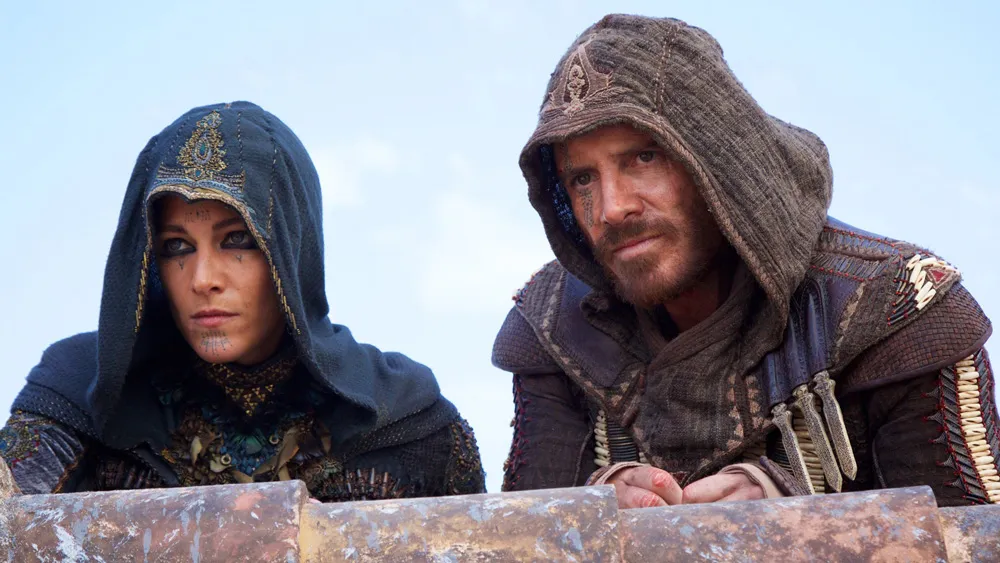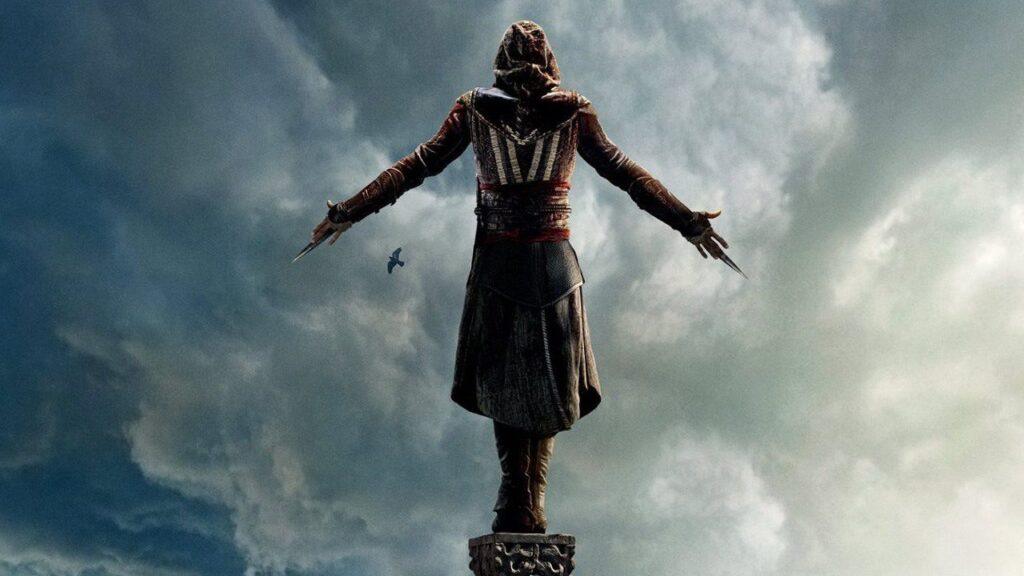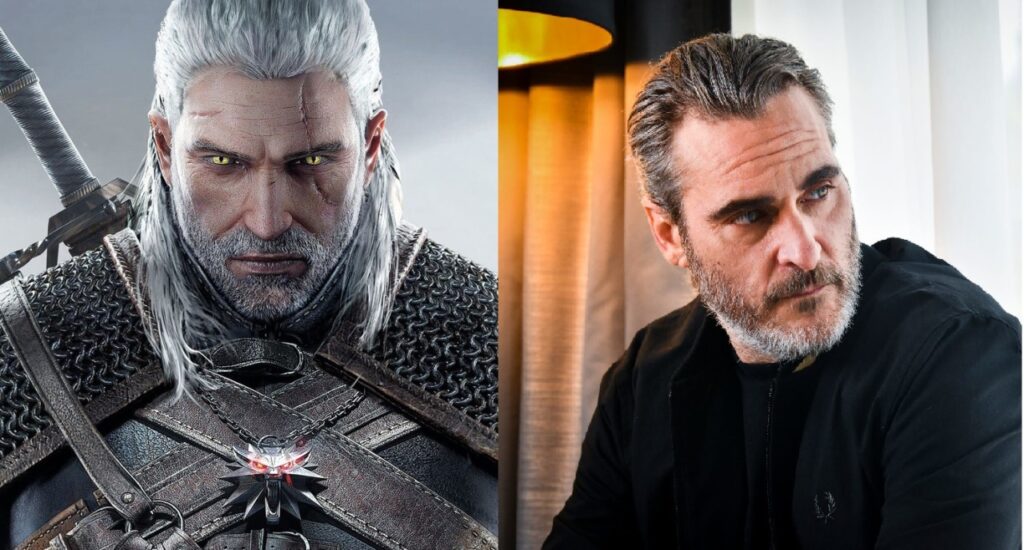Take a Look at Five Reasons Behind the Failure of the Assassin’s Creed Movie Despite the Success of the Gaming Franchise
The Assassin’s Creed franchise is one of the biggest names in gaming. Ever since players first leapt into the world of Altair, Ezio, Connor and Desmond, the series has received immense praise for its mix of history, stealth, parkour, and over-the-top conspiracy storytelling. Millions of fans have spent countless hours climbing towers, blending into crowds, and pulling off flashy assassinations. With so much success, it was only natural that Hollywood tried to bring the franchise to the big screen. After all, if assassins could jump off cathedrals and survive with a haystack conveniently placed below, surely a movie could land gracefully too, right? Unfortunately, no. At least that’s not what happened in this case with the Assassin’s Creed movie, and instead of sticking the landing, it flopped poorly in front of the world.
Expectations were massive. Fans imagined epic battles during the Spanish Inquisition, jaw-dropping parkour sequences, and a story that honored the games’ best elements. The hype around the project only grew when the Assassin’s Creed movie cast was announced, with Michael Fassbender leading the way. Add Marion Cotillard and Jeremy Irons to the mix, and this looked like an easy win. But then release day came, and what fans got instead was… well, not what they signed up for. The result is often referred to in gaming circles as the great failure of the Assassin’s Creed movie.
So why did this ambitious project collapse? Let’s break it down and see, so that the Netflix live-action Assassins Creed series doesn’t repeat the same mistakes!

Too Much Animus, Not Enough History
One of the biggest complaints was that the Assassin’s Creed movie spent far too much time in the modern day. In the games, the Animus storyline is there, but it’s never the main attraction. Players come for the historic settings, not to watch someone strapped into a claw machine. Yet the Assassin’s Creed movie devoted huge chunks of its runtime to this, leaving the actual Spanish Inquisition sequences feeling like a side quest. Fans were left wondering why the best part of the franchise was shoved into the background.
Lore Overload That Left Both Fans and Newcomers Confused
The games gradually teach players about things like the Apple of Eden, genetic memory, and the centuries-old war between Assassins and Templars. The film tried to dump all this lore onto newcomers in two hours. For fans, it felt like a watered-down explanation of concepts they already knew. For casual viewers, it was confusing and overwhelming. The end result was that no one felt satisfied.
Flat Characters despite the Assassin’s Creed movie cast
The Assassin’s Creed movie cast might have had all the talent in the world, but the script gave them very little to work with. Michael Fassbender is a powerhouse actor, yet his character Callum Lynch was wooden and unrelatable. Compare that to game icons like Ezio Auditore, who is full of charm, wit, and personality. In the movie, even Jeremy Irons and Marion Cotillard seemed lost in a sea of half-baked dialogue. When a film with this much talent can’t make you care about the characters, something is seriously wrong.
Tone Problems
The games might deal with assassinations, conspiracies, and shadowy orders, but they still have a sense of adventure and fun. The movie, however, decided to play everything painfully straight and grim. Instead of stylish parkour and clever stealth moments, audiences got murky visuals and self-serious speeches. It was as if the filmmakers forgot that part of the appeal of the series is the thrill of the leap and the joy of outsmarting enemies.
A Split Audience
Perhaps the clearest reason behind the failure of the Assassin’s Creed movie was that it didn’t know who it was trying to please. Ubisoft wanted to stay true to the franchise lore, while the studio wanted a film for the fanbase that was also easy for newcomers to follow. The final product landed awkwardly in the middle, pleasing neither group. Gamers didn’t get the sweeping historical epic they expected, and non-gamers were left scratching their heads.
When the credits rolled, audiences were upset as what could have been a groundbreaking adaptation ended up as a forgettable flop. The Assassin’s Creed movie cast was wasted, the story lacked heart, and the historical setting was underused. Fans wanted a cinematic leap of faith, but what they got instead was a stumble.
 What Netflix Assassin’s Creed Adaptation Can Learn from This
What Netflix Assassin’s Creed Adaptation Can Learn from This
The real hope now lies in the Netflix live-action Assassins Creed series, which is officially in development. Unlike a two-hour film, a series gets enough time to dive into the rich history, the lore of the franchise, the secret war between Assassins and Templars, and the personal stories that made the games iconic.
If there’s one lesson from the failure of the Assassin’s Creed movie that should be learnt, it’s that style without substance doesn’t cut it. The Assassin’s Creed movie cast was definitely impressive, but the script missed the soul of the franchise. For the Netflix series to succeed, it must embrace what fans love most: compelling characters, immersive historical settings, and the thrill of stealth and parkour.
The creed may have stumbled in theaters, but let’s not assume the leap of faith is over. With the right approach, the small screen might finally deliver the adaptation fans have been waiting for.



